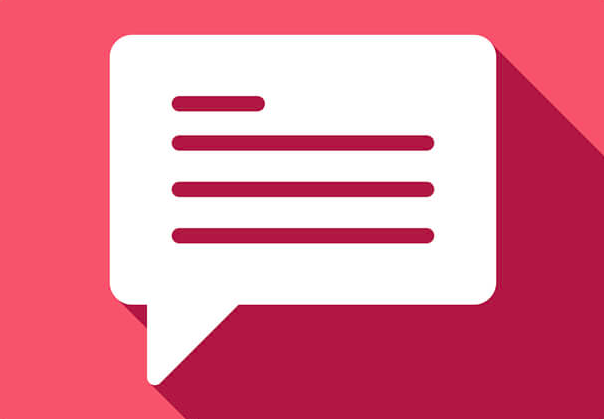After reading Ling Jiang’s post, I agree with her opinion on artificial intelligence in Duolingo. Likewise, artificial intelligence has undeniable benefits, but there are also quite a few limitations. It has to be admitted that Duolingo’s AI has been developed relatively well, such as personalized learning content recommendation and instant learning feedback for students, teachers, and even parents to refer to. AI does facilitate teaching to some extent. However, most AI technologies currently on the market require a large amount of data to train them to perform according to their design correctly. Still, each learner’s learning motivation and learning interest are different. The confusion faced in learning will differ, too. So answering questions with artificial intelligence often can only partially solve students’ doubts.
In my opinion, the current AI pays too much attention to technology while ignoring the cultivation of students’ soft qualities and the necessity of offline interaction. Although students can receive knowledge more efficiently through artificial intelligence, the lack of offline interaction will prevent students from shaping a more comprehensive value. It will also make students in this era unable to communicate emotionally. Education is about knowledge and the interaction and exchange of thoughts and spirits between people. Therefore, AI satisfies personalized design to a certain extent but cannot replace offline communication between teachers and students.





